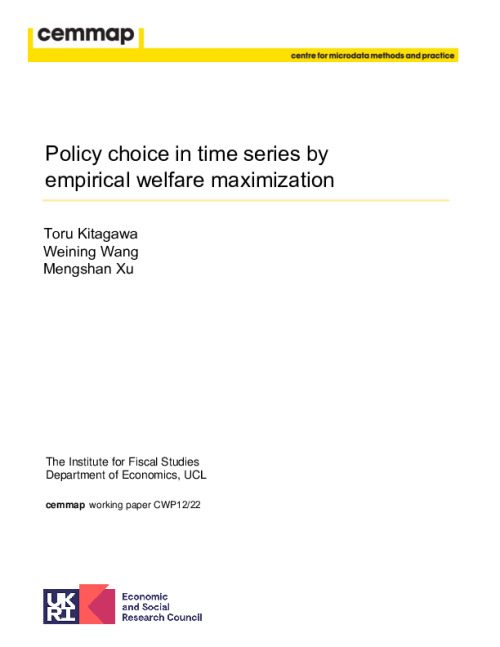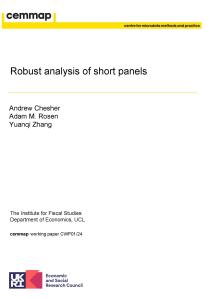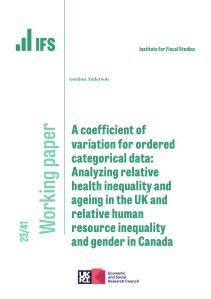This paper develops a novel method for policy choice in a dynamic setting where the available data is a multi-variate time-series. Building on the statistical treatment choice framework, we propose Time-series Empirical Welfare Maximization (T-EWM) methods to estimate an optimal policy rule for the current period or over multiple periods by maximizing an empirical welfare criterion constructed using nonparametric potential outcome time-series. We characterize conditions under which T-EWM consistently learns a policy choice that is optimal in terms of conditional welfare given the time-series history. We then derive a nonasymptotic upper bound for conditional welfare regret and its minimax lower bound. To illustrate the implementation and uses of T-EWM, we perform simulation studies and apply the method to estimate optimal monetary policy rules from macroeconomic time-series data.









